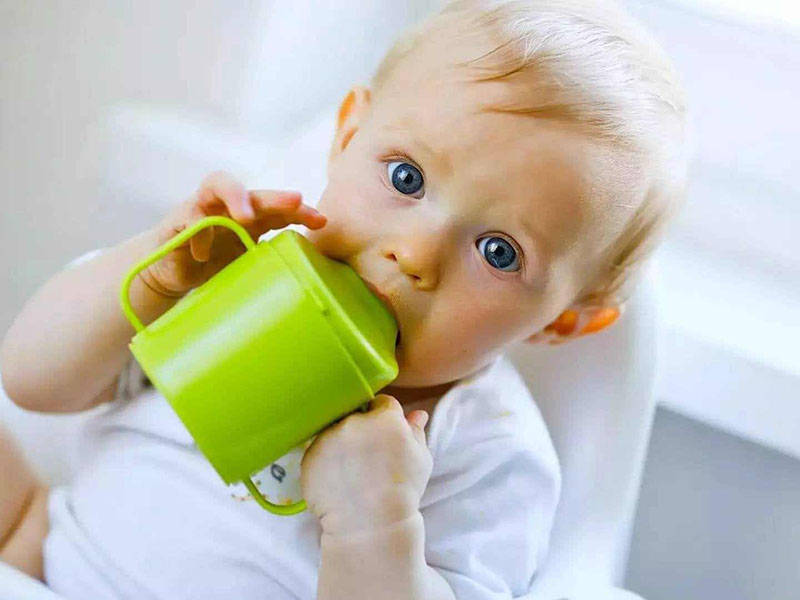Preparing infant formula may seem routine, but it actually involves considerable attention to detail, especially the crucial choice of water temperature. The oral mucosa of newborns is extremely delicate, with high water temperatures easily causing harm, while low temperatures can affect intestinal peristalsis, leading to indigestion or diarrhea.
Regarding the ideal temperature for brewing infant formula, although specific recommendations may vary among brands, it is generally recommended to use water temperature between 40 to 60 degrees Celsius. This range not only facilitates the quick dissolution of sugars and other components in the formula, forming a uniform solution, but also ensures the preservation of the nutritional components within the formula, preventing damage due to high temperatures.
New parents often have misconceptions about infant care and feeding, such as using water that has just boiled to prepare formula, which is actually a common mistake. Excessively high water temperature not only fails to preserve the nutrients in the formula but may actually damage its proteins and vitamins, reducing its nutritional value. Therefore, the correct approach is to use water at approximately 45 degrees Celsius to prepare the formula, avoiding heat-related damage to its nutritional components.
Additionally, each type of infant formula clearly specifies the suitable brewing ratio on its packaging, carefully calculated based on the specific nutritional components of the formula. However, some parents often overlook this guidance in practice, arbitrarily adjusting the amount of formula and water, disregarding the precise concentration ratio. A brew that is too concentrated can stress the baby’s digestive system and kidneys, leading to gastrointestinal disturbances. Inability to fully digest an excess amount of protein may result in energy surplus accumulation, which is also a common reason why infants consuming formula easily develop “heatiness.” Therefore, adhering to the brewing instructions on the formula packaging, maintaining the appropriate concentration, is particularly crucial for ensuring the baby’s health.


